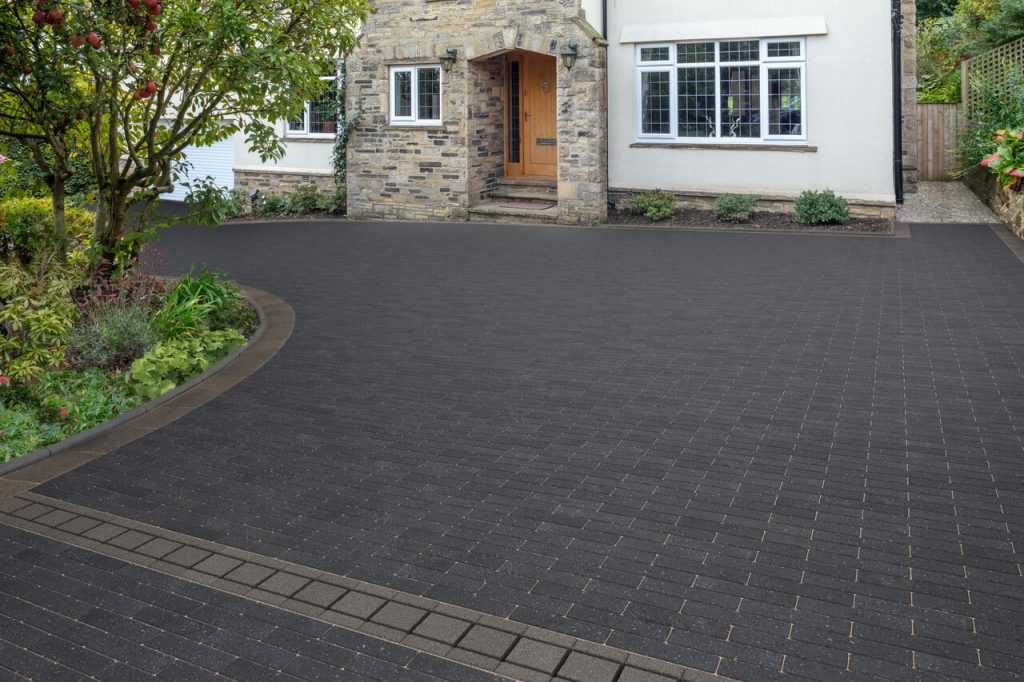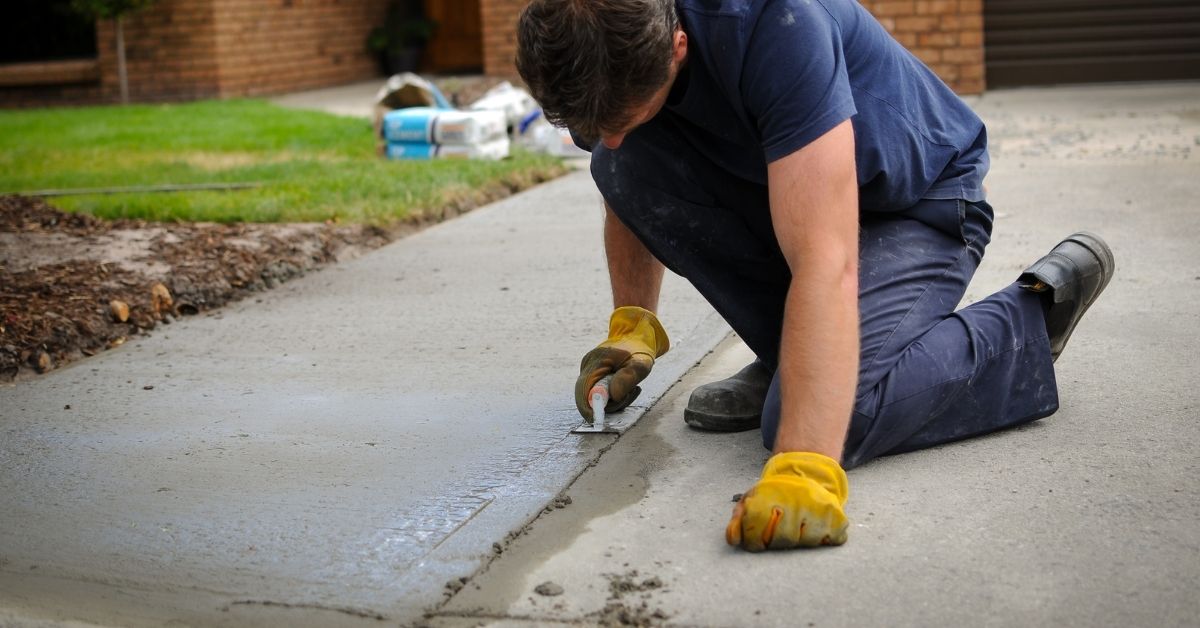Energy Efficiency of Concrete Homes: A Comprehensive Guide
When considering home renovations, the energy efficiency of your materials is a crucial factor. One material that stands out in this regard is concrete. Known for its durability and insulating properties, concrete homes can offer a substantial increase in energy efficiency. This is an attractive option for many homeowners looking to improve their residence’s sustainability and reduce energy costs.

Understanding the Benefits of Concrete Homes
Concrete homes provide numerous advantages over traditional building methods. One of the main benefits is their superior energy efficiency. Concrete’s thermal mass enables it to store and release heat slowly, helping to maintain a consistent indoor temperature and reduce the need for heating and cooling systems.
The Science Behind Concrete’s Energy Efficiency
Concrete walls act as a thermal battery. During the day, they absorb heat from sunlight, and during the night, they release this heat back into the home. This process is known as thermal lag, and it helps in keeping your home warm during winters and cool during summers, effectively decreasing energy consumption.
Concrete’s Role in Insulation
The energy efficiency of concrete homes is further enhanced by their excellent insulation properties. Unlike wood, concrete does not warp or shrink, ensuring tight seals and reducing drafts, which further contributes to energy conservation.
Comparing Concrete Homes with Traditional Wood-Frame Homes
Wood-frame homes, though traditional, often fall short in terms of energy efficiency. While wood is a good insulator, it lacks the thermal mass that concrete provides, which is crucial for maintaining a stable indoor environment. In contrast, concrete homes retain and equalize temperatures more effectively.
Energy Consumption and Cost Savings
By reducing the need for excessive heating and cooling, homeowners often notice significant savings on their energy bills. The initial investment in concrete might be higher, but the longevity and energy efficiency benefits often outweigh the upfront costs.
Environmental Impact and Sustainability
Choosing concrete for your home can also contribute to more sustainable living. Concrete is fully recyclable, and homes built with concrete can often use recycled materials, further reducing the environmental impact.
Reducing the Carbon Footprint
The production of concrete has also become more environmentally friendly in recent years. Advances in technology have led to the development of new types of concrete that produce fewer emissions, thus decreasing the carbon footprint of home construction.
Design Flexibility and Architectural Innovation
Concrete offers significant design flexibility, allowing for unique architectural innovation while still retaining its energy-efficient benefits. Homes built with concrete can incorporate modern designs without compromising on energy efficiency.
Innovative Applications in Concrete Homes
Recent innovations include the use of insulated concrete forms (ICFs) that provide additional insulation and strength. These forms enhance the durability of concrete and further improve its energy efficiency.
Maintaining the Energy Efficiency of Concrete Homes
While concrete homes are low maintenance, there are steps homeowners can take to maintain and possibly increase their energy efficiency. Regular inspections can prevent air leaks, and technological upgrades can enhance insulation further.
Upgrading with Energy-Efficient Windows and Doors
Investing in energy-efficient windows and doors can complement the energy-saving aspects of a concrete home, effectively sealing and optimizing the structure’s thermal performance.
Common Myths About Concrete Homes
Despite their benefits, several myths surround concrete homes, particularly regarding their appearance and cost. Its time to address these misconceptions and highlight the advantages that cement structures offer.
Dispelling Myths about Concrete Aesthetics
Contrary to the belief that concrete homes lack aesthetic appeal, newer designs and finishes offer a wide range of luxurious and appealing options, from polished surfaces to vibrant finishes.
Cost-Effectiveness of Concrete Homes
While some may think concrete homes are excessively costly, the long-term savings in energy costs and maintenance prove that they can be a wise financial decision.
Exploring Financing Options for Concrete Homes
Because of their increasing popularity, several financing options are available for energy-efficient concrete homes. Many banks now offer special loans for environmentally friendly construction, acknowledging the long-term benefits and sustainability of these structures.
Government Incentives and Rebates
There are often incentives and rebates available for homeowners who invest in energy-efficient structures. These can help offset the initial costs associated with building a concrete home.
Real Life Examples and Testimonials
Hearing from those who have invested in concrete homes can provide insight and inspiration. Many testimonials highlight the comfort, reduced costs, and satisfaction of living in an energy-efficient concrete structure.
Case Studies on Energy Efficient Concrete Homes
Several case studies have demonstrated the cost savings and environmental impact reduction that these homes offer, reinforcing their value proposition.
Future of Concrete Homes and Innovations
As technology advances, the future of concrete homes becomes even more promising. Innovations in materials and construction techniques continue to enhance their energy efficiency and sustainability.
The Role of Smart Technology
Integrating smart technology into concrete homes can optimize energy usage and provide real-time data to homeowners, helping them make informed decisions and improve efficiency further.
Conclusion: Making the Right Choice for Your Home
Choosing concrete for your home can significantly boost its energy efficiency, create long-term savings, and contribute to a more sustainable future. Whether you are building a new home or renovating, consider the numerous benefits that concrete offers.

FAQs
Are concrete homes more expensive than traditional homes?
Initially, concrete homes may seem more costly, but the energy efficiency and long-term savings often balance these expenses.
Can concrete homes be remodeled easily?
Yes, concrete homes can be remodeled with the right expertise, allowing for expansions and design changes while maintaining their energy efficiency.
Do concrete homes require special maintenance?
While generally low-maintenance, regular inspections can help maintain their efficiency and longevity.
This article contains affiliate links. We may earn a commission at no extra cost to you.
